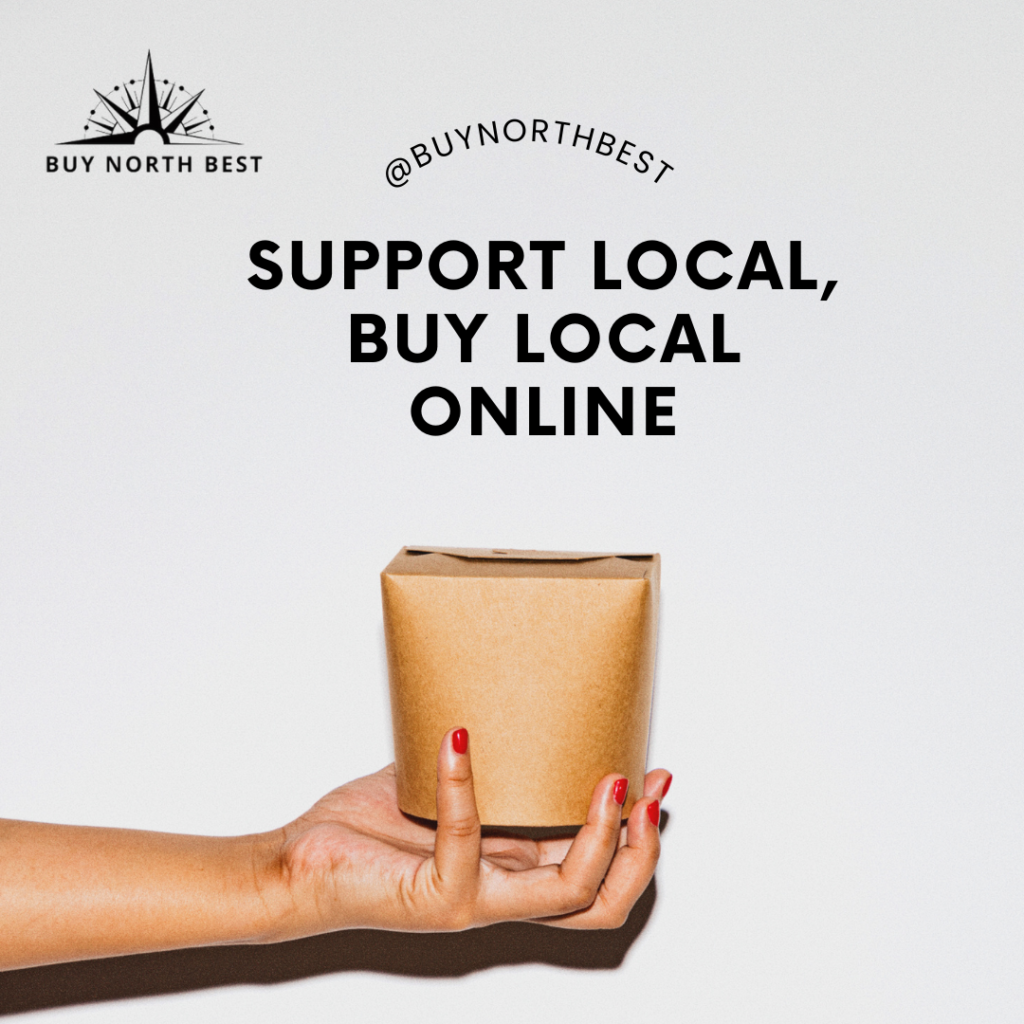Looking to avoid mass-produced imports and support your community? Discover why buying local homestead products helps reduce reliance on China, strengthens your local economy, and builds a sustainable future.
What Are Homestead Products and Why Do They Matter?
Homestead products are goods made on a small scale, often by families or individuals, using traditional or sustainable methods. These include handmade soaps, natural skincare, homegrown vegetables, local honey, baked goods, handcrafted tools, textiles, and more.
They reflect self-sufficiency, authenticity, and local craftsmanship—offering an ethical and high-quality alternative to mass-produced imports, especially from overseas markets like China.

Why Should You Avoid Mass-Produced Products from China?
While imported goods may appear cheap, they often come at a high cost to quality, sustainability, and local jobs. Here are key reasons to reduce dependence on Chinese imports:
- Lower quality and safety standards
- Environmental impact from long-distance shipping
- Unethical labor practices
- Erosion of local industries and small businesses
By supporting local homesteaders instead, you invest in ethical production, community resilience, and better-quality goods made with care.
How Does Buying Local Homestead Products Support Your Community?
Buying from local homesteaders keeps money circulating within your region, helping to:
- Support small-scale farmers and artisans
- Promote rural and local entrepreneurship
- Create local jobs and reduce unemployment
- Preserve traditional skills and sustainable practices
- Build community self-reliance and food security
This type of economic activity strengthens your region’s independence and protects against global supply chain disruptions.
What Are the Environmental Benefits of Choosing Local Products?
Shopping local means a smaller carbon footprint. Here’s why:
- Less transportation: Homestead products travel fewer miles
- Minimal packaging: Less plastic and waste involved
- Organic and natural methods: Fewer chemicals and more eco-friendly farming
- Regenerative practices: Local producers care about the land they work on
It’s a powerful way to consume responsibly and help protect your local environment.
Where Can You Find Local Homestead Products in the USA and Canada?
There are many ways to discover homestead products near you:
- Farmers’ Markets – Find fresh produce, dairy, baked goods, soaps, and more
- Local Artisan Shops – Handmade crafts, clothing, and home essentials
- Online Marketplaces – Use platforms like Etsy, Farmish, or LocalHarvest
- Facebook Groups & Buy/Sell Communities – Search for “[Your City] Homestead” or “Local Handmade Goods”
- Direct from Farms – Many farms offer CSA (Community Supported Agriculture) subscriptions
- Your Own Neighbors – Don’t overlook local makers in your area; ask around or look for yard signs
Tip: Use search terms like “homestead products near me”, “local handmade [product] USA/Canada”, or “avoid China products in [city]” to find vendors in your area.
How Can You Tell If a Product Is Truly Local?
To ensure you’re supporting real local producers and not resellers, look for:
- Clear labeling of origin (e.g., “Made in Alberta” or “Grown in Vermont”)
- Direct contact information for the producer
- Local pickup or delivery options
- Social media presence with behind-the-scenes content
- Certifications such as “Certified Naturally Grown” or local farm associations
When in doubt, ask questions—local producers are usually proud to share how their products are made.
What Types of Homestead Products Should You Start With?
Here are some easy and impactful product categories to switch from imported to local:
- Soaps & Skincare – All-natural, handmade, and chemical-free
- Candles & Home Goods – Beeswax, soy-based, and locally scented
- Fresh Produce & Eggs – Seasonal, nutrient-rich, and grown nearby
- Preserves & Baked Goods – Unique flavors made in small batches
- Textiles & Clothing – Wool, linen, and handwoven items
- Herbal Remedies – Locally foraged or grown ingredients
Each purchase supports a real person and keeps traditional knowledge alive.
Conclusion:
Supporting local homestead products isn’t just about avoiding imports—it’s about investing in quality, sustainability, and your neighbors. Whether you’re in a rural village or a major city, there’s a homesteader nearby working hard to offer something special.
By shifting even a portion of your spending toward locally made goods, you help create a future that’s resilient, ethical, and deeply rooted in your community.











































